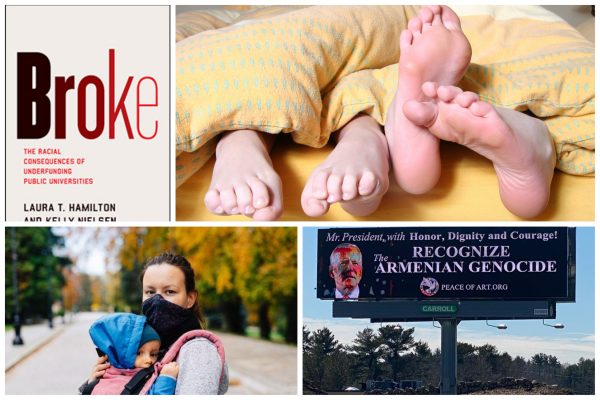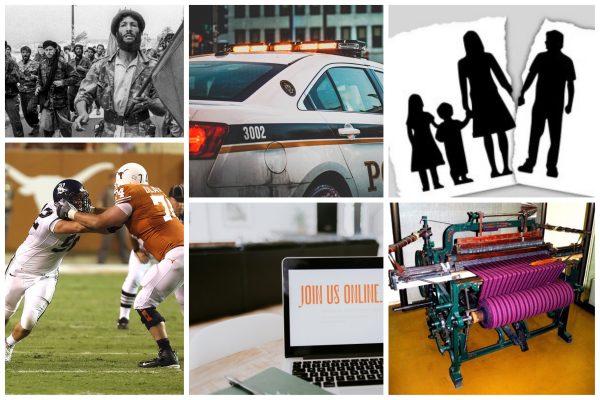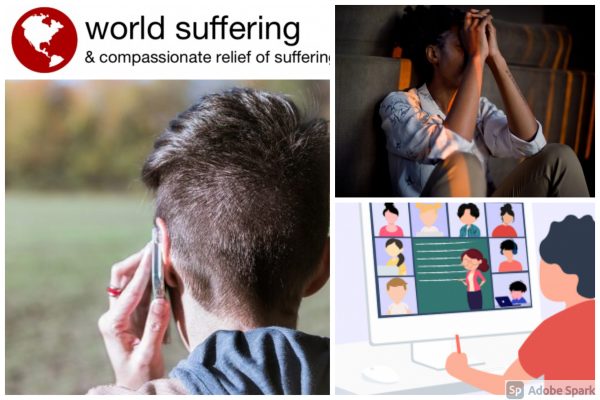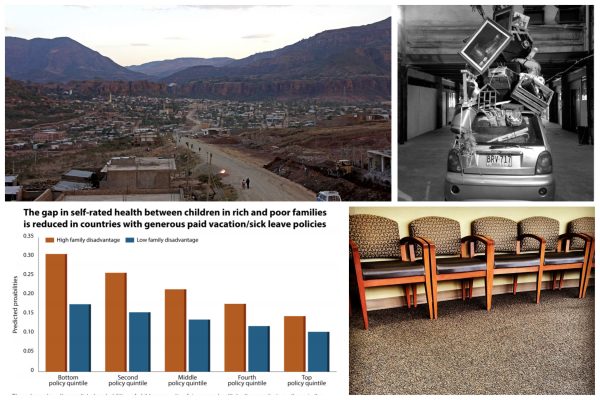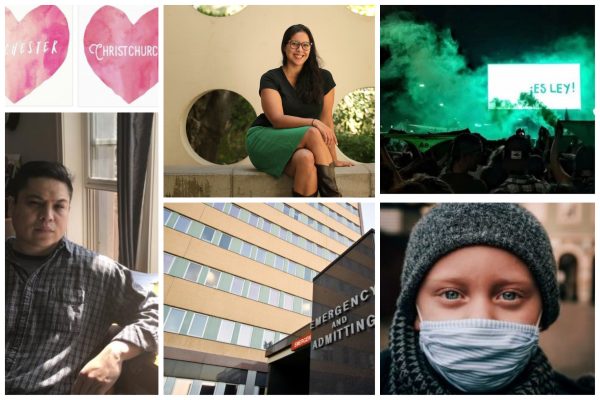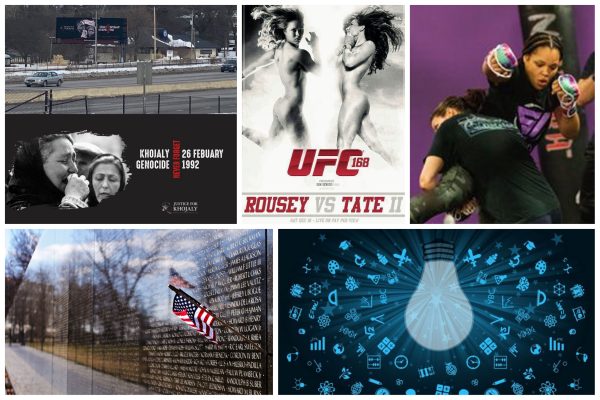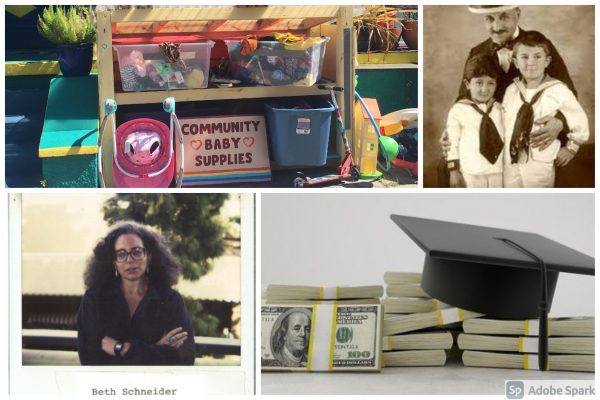
Welcome back! This week we cover new research on how low-income moms address “diaper need.” Our partner and community pages featured content on the impact of student loans, the “Beth Schneider effect” in the sociology of sexualities, and the Amernian community’s connection to Minnesota.
Discoveries
Diaper Desperation by Nikoleta Sremac. We cover new research that shows that diaper need is an issue with consequences for health, stress, and stigma. In the face of this challenge, low-income moms employ labor-intensive strategies in order to maintain their children’s diaper supply.
From Our Partners:
Council on Contemporary Families
New from CCF! What Recent College Grads Say About the Impact of their Student Loans
From Our Community Pages:
- Center for Holocaust & Genocide Studies explores the connection between the Armenian community and Minnesota, in light of the anniversary of the Armenian genocide and President Biden’s official acknowledgement.
- Feminist Reflections Archive reflects on Beth Schneider’s influential role in producing a sociology of sexualities.

